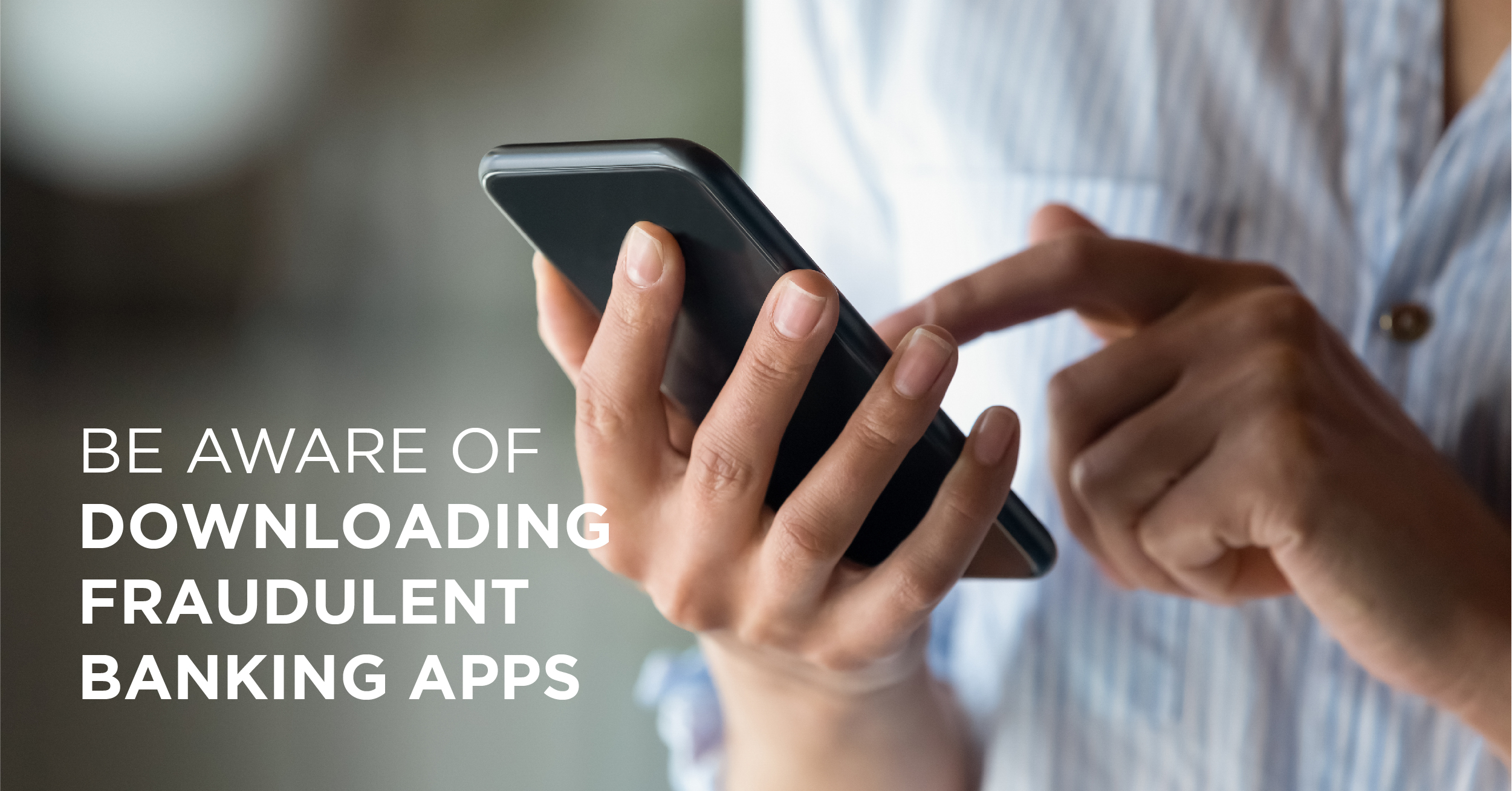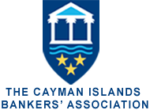ARE YOU CYBER SMART?
Learn how to stay safe and secure online through our Cyber Security Campaign.
CYBER SECURITY
The Cayman Islands Bankers Association is committed to keeping the community safe while banking and keeping you Cyber Safe. Keep up to date with us to learn about the different online scams and how to spot them. Don’t let an online scam ruin your 2024.
Bank Account Safety
Has someone threatened to freeze or block your bank account if you don’t reveal your personal details? This is a scam. You can be confident in knowing that no Cayman Islands retail bank will ever ask for personal details such as your PIN number or account number this way.
Scammers often use fear tactics to coerce individuals into revealing their personal and sensitive information. They might contact you via phone calls, emails, or text messages claiming to be from your bank or financial institution. They may allege that there’s an issue with your account, such as suspicious activity or pending legal action, and threaten to freeze or block your account unless you provide certain details urgently.

Cheque Scamming
Cheque Scamming is an easy way to get conned. Scammers will often offer to send you a personal cheque in exchange for wiring money into their account. To prevent cheque scamming from happening to you, avoid wiring money into unverified or untrusted accounts in exchange for a cheque deposit. One way to be safe from any form of cheque scamming is to avoid any request that looks too good to be true. Most likely it is.
3 tips to deal with cheque scamming:
Phishing Scams
Phishing is a fraudulent attempt to obtain sensitive information or data. If someone has asked for your personal or bank details through a phone call, email or text messages, this could be a phishing scam.
Become cyber smart today and avoid phishing scams. Never give out your personal or bank details over the phone, email or text message to an unknown or unverified person. Cayman Islands retail banks will never ask for details such as your PIN number, password, account number, or any form of verification in this way.
3 tips to deal with phishing scams:
Online Banking
Beware of using weak passwords, sharing credentials, or unsecured devices can lead to unauthorized access to an individual’s online banking account. Once inside, scammers can make unauthorized transactions or change account details.
Malicious software (malware) such as viruses, trojans, or key-loggers can also infect a user’s device to capture login information or banking details without the user’s knowledge.
The Cayman Islands’ retail banks recommend taking precautions to ensure that you practice safe online banking.
3 tips to stay safe with online banking:

Third Party Applications
Be aware of downloading counterfeit banking apps or accessing fraudulent websites that mimic legitimate financial institutions. Download apps directly from official app stores and verify website URLs.
Identify secure banking apps and legitimate websites by checking for HTTPS encryption, official logos, and avoiding unsecured or suspicious links.
Scammers create fake banking websites or mobile apps that look genuine but are designed to trick users into entering their login details. Unsuspecting users may provide sensitive information, thinking they are accessing their real banking platform.
Peer 2 Peer Applications (E.g PayPal, Google Pay)
Personal Banking Threats with P2P Apps:
Scammers may exploit the trust-based nature of P2P apps by manipulating individuals into sending money for fraudulent goods/services or posing as acquaintances in need of financial assistance.
Keep your P2P app updated to the latest version and ensure your device has adequate security measures, such as antivirus software, to protect against potential cyber threats.
If you receive a request for money, particularly from someone claiming to be a friend or family member, verify their identity through a separate, secure communication channel (like a phone call) before proceeding with the transaction.
DON’T LET THIS HAPPEN TO YOU!
Ignore any suspicious requests
Trust your instincts, if it sounds too good to be true, it probably is
Only trust people you know well
Cease all communication with the fraudster
If you think you have fallen victim to any type of online fraud, contact your bank directly or the RCIPS Financial Crime Unit on 949-8797. Stay cyber safe.

Social Media
We’ve all seen the ads, messages and pop-up banners that promise to make us a lot of easy money. Prevent this type of scam from happening to you by ignoring any suspicious requests from these ads on your social media platforms.
Cayman Islands retail banks want you to stay safe while online banking. They do not recommend that you accept any money into your account from any unknown source to avoid being charged for aiding and abetting illegal activities such as money laundering.
Be safe while on social media and follow these top three tips to help prevent you from being caught in an online scam.
Adjust your social media privacy settings
Adjust your social media privacy settings to limit the visibility of personal information to only trusted connections.
Avoid sharing sensitive banking details
Avoid sharing sensitive banking details or any information that could be used to verify your identity.
Be cautious of friend requests or messages from unknown individuals
Be cautious of friend requests or messages from unknown individuals posing as acquaintances or bank representatives.